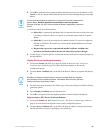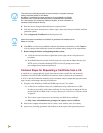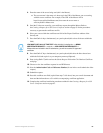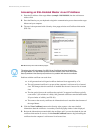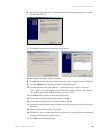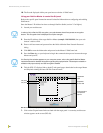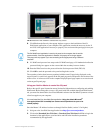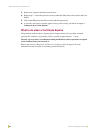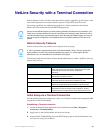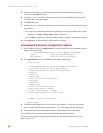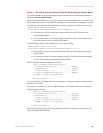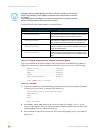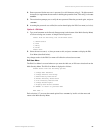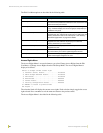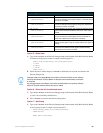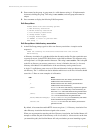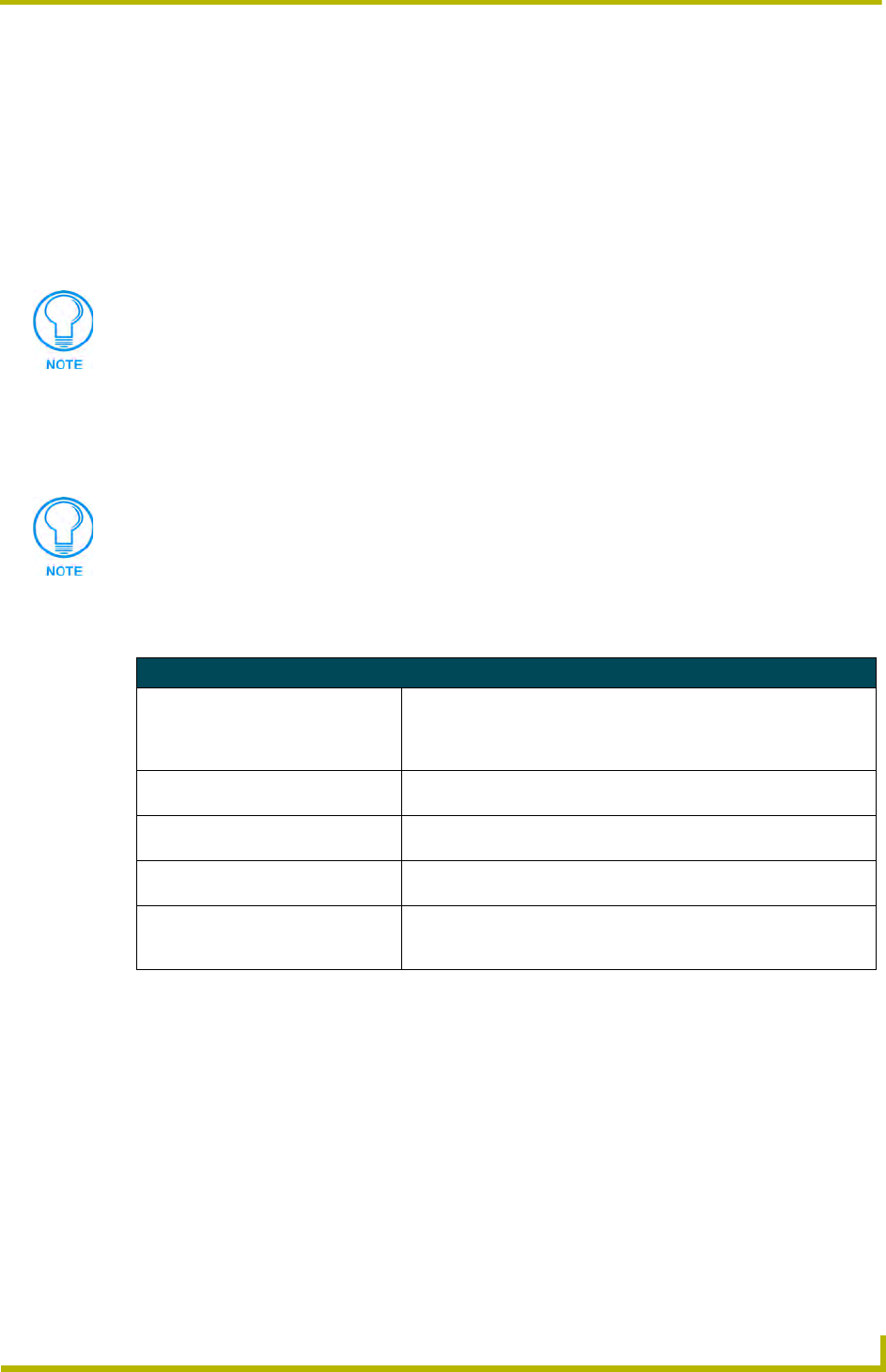
NetLinx Security with a Terminal Connection
93
NetLinx Integrated Controllers
NetLinx Security with a Terminal Connection
NetLinx Masters (version 2.10.80 or later) have built-in security capabilities. It will require a valid
user name and password to access the NetLinx System’s Telnet, HTTP and FTP servers.
The security capabilities are configured and applied via a Telnet connection or the NetLinx
Master’s RS-232 terminal interface (the RS232 Program port).
NetLinx Security Features
NetLinx security allows you to define access rights for users or groups.
The following table lists the NetLinx features that the administrator (or other "qualified" user) may
grant or deny access to.
Initial Setup via a Terminal Connection
Security administration and configuration is done via a Terminal communication through the DB9
Program Port on the NetLinx Master.
Establishing a Terminal connection
1. Launch the HyperTerminal application from its default location (Start > Programs >
Accessories > Communications).
2. Apply power to the NetLinx Master and allow it to boot up.
3. Connect the PC COM (RS232) port to the RS232 Program port on the NetLinx Master. Note
the baud rate settings for the Master.
Always use the RS232 Program port when entering potentially sensitive security information. The
Telnet server interface exposes this security information to the network in clear text format, which
could be intercepted by an unauthorized network client. By using the RS232 Program port, there is
security during the configuration of the database due to the physical proximity of the user to the
system.
A "User" represents a single potential client of the NetLinx Master, while a "Group" represents a
logical collection of users. Any properties possessed by groups (i.e., access rights, directory
associations, etc.) are inherited by all the members of the group.
NetLinx Security Features
NetLinx Master Security Configuration The user has access to the security configuration commands of the
Master. Only those users with security configuration access rights
granted will have access to the security configuration
commands.
Telnet Security The user has access to the Telnet server functionality. All basic
commands are available to the user.
Terminal (Program port) Security The user has access to the Terminal (RS232 Program port) server
functionality. All basic commands are available to the user.
HTTP (web server) Security The user has access to the HTTP server functionality. Directory
associations assign specific directories/files to a particular user.
FTP Security The user has access to the FTP server functionality. Only the
administrator account has access to the root directory; all other
"qualified" clients are restricted to the /user/ directory and its "tree".



